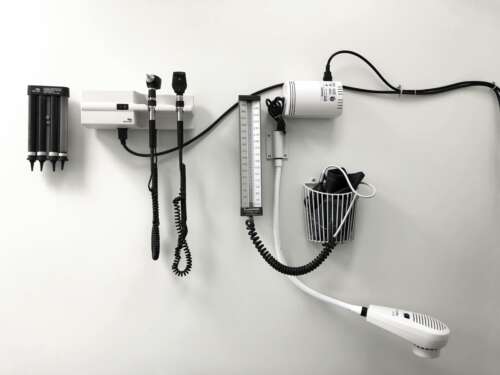
Many governors and states’ business communities have been trying to figure out how to match the population that wants to immigrate to the United States to the depleted workforces the states are dealing with. That is in large part a political question as the first obstacle they face is politicians demagoguing immigration to mobilize voters ready to believe that some foreign “other” is responsible for the uncertainty in their lives. But if you can solve that problem, there are still more hurdles, which is why we regularly call for comprehensive immigration reform.
For example, nurses.
Despite the demand for nurses, the State Department has basically frozen visas for nurses from other countries. Only a certain number of visas can go to nurses in a given year, and in the July Visa Bulletin, the State Department announced that the available green card slots for nurses were nearly full. Only foreign nationals that had applied before December 1, 2021 would be allowed to continue processing, even if applicants who had applied later had jobs waiting for them in the U.S.
Exhaustion from COVID and the growth of the health care industry have created a nursing shortage. “The United States may have a gap of between 200,000 to 450,000 nurses available for direct patient care [in 2025], equating to a 10 to 20 percent gap,” a 2022 study reported.
These effects are felt across the board, and particularly in rural communities and remote states that don’t necessarily offer the kind of metropolitan life that frequently attracts domestic job applicants. Foreign nationals can help fill those jobs, and they’re feeling the effects of this cap.
Late last year, Lisa Rein reported in The Washington Post that North Dakota’s Stanford Medical Center in Bismarck was waiting to see if visas would be approved for 59 nurses they planned to hire from Philippines, Kenya and Nigeria. They planned to expand their heart unit and open another wing, but learned that they would instead have ship some patients 200 miles away to another hospital, put off expansion, and pay more for temporary nurses because no new visas would be available for the nurses they wanted until 2025 at the soonest.
As Rein wrote, “It was one more gut punch from a broken immigration system untouched by Congress for 33 years and largely operating on a framework dating to 1965. As a record surge of unauthorized migrants enters the United States through its southern border, stoking political divisions and straining resources, the troubled system for those eligible to come here legally has buckled in the background.”
Nathaniel Weixel of The Hill explains, “the immigration quota hasn’t changed since 1990, despite economic and population growth. The State Department limits the total number of EB-3 visas to just 28.6 percent of all employment-based visas, about 40,000 each fiscal year.” Those numbers and percentages may have once made sense, but 34 years later, they lag behind the realistic needs of many sectors of the American economy, nurses included. But since foreign nationals would need one of those EB-3 visas to enter and work as a nurse, prospective employers are handcuffed by dated regulations.
Unfortunately, the politics of illegal immigration and mixed messages sent by leading Republican politicians have made dealing with immigration at all an almost insurmountable political challenge right now. There is a bill named The Healthcare Workforce Resilience Act before Congress that includes measures to address these nursing needs among other things, but the toxicity of the subject writ broadly makes it hard to see it passing in time to save the health care industry, if it passes at all.
“We’re reaching a dangerous inflection point where acute nurse staffing shortages feed burnout in a force-multiplying cycle that grows worse every day,” American Association of International Healthcare Recruitment President Patty Jeffrey told The Hill in a statement. “This latest visa freeze halts the flow of qualified international nurses when American hospitals need them most, and the only way to correct it is through congressional action.”
Photo by Abby Anaday on Unsplash.
Are you having legal issues with Immigration? Do you need legal representation?